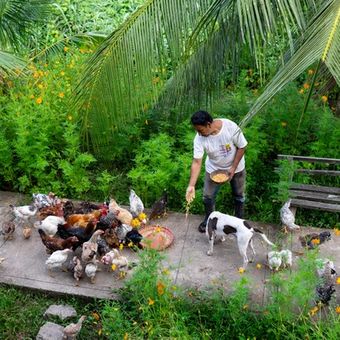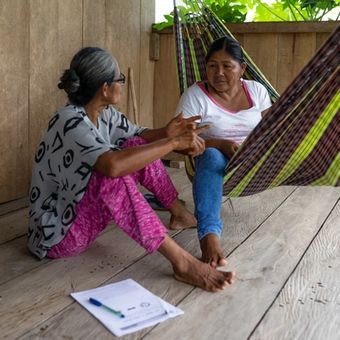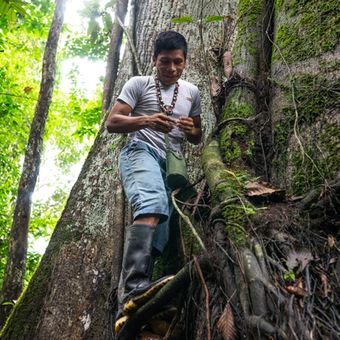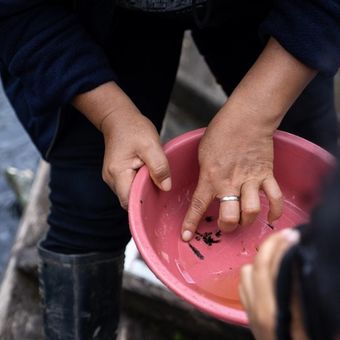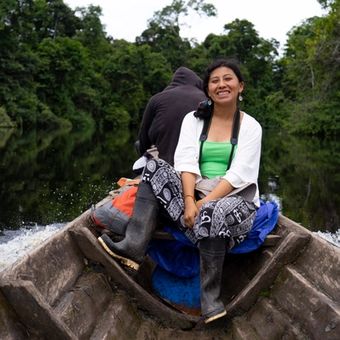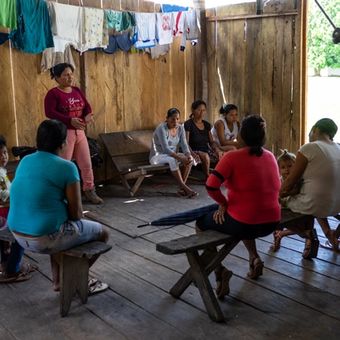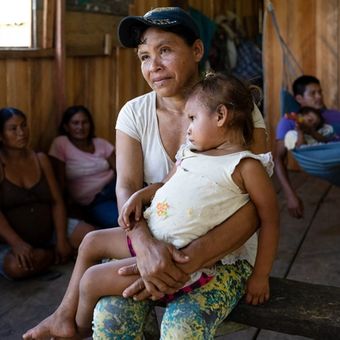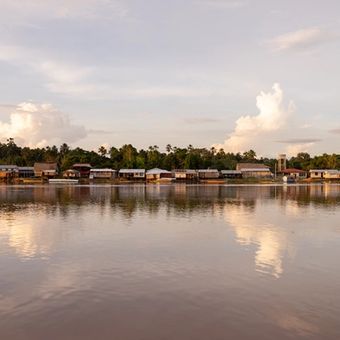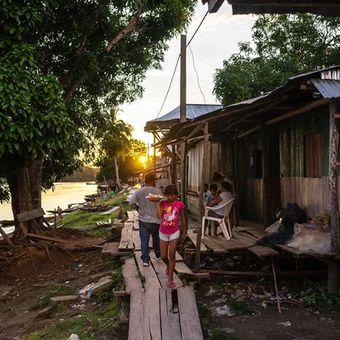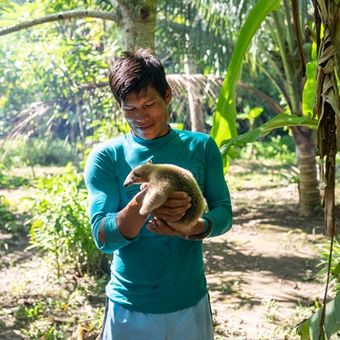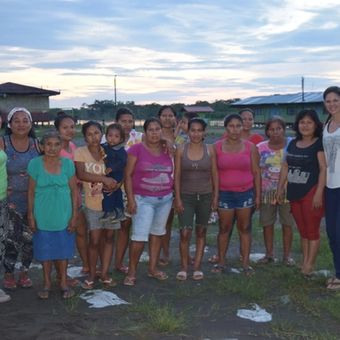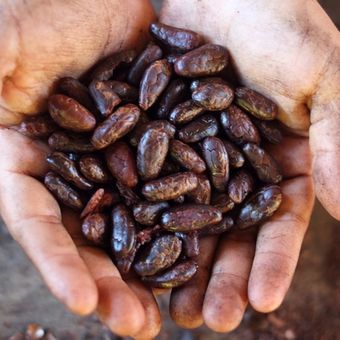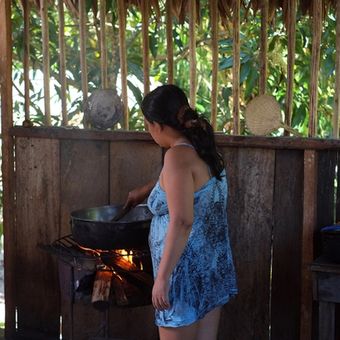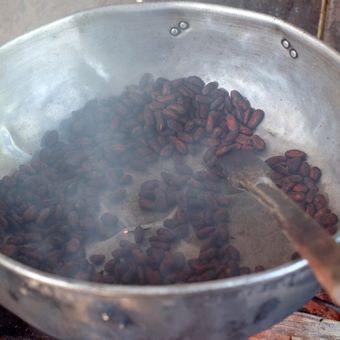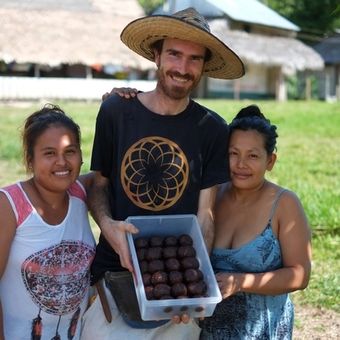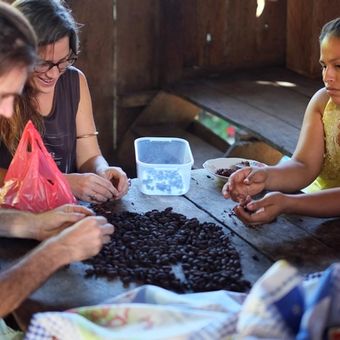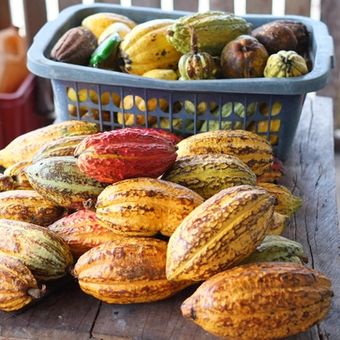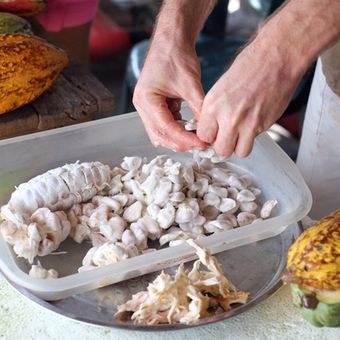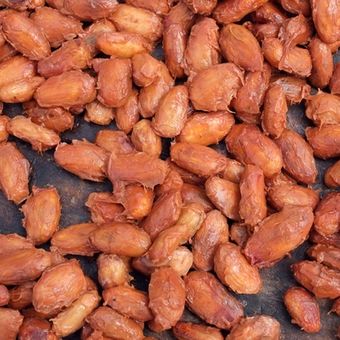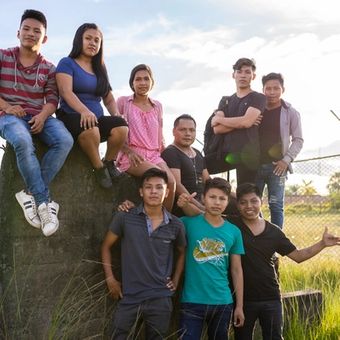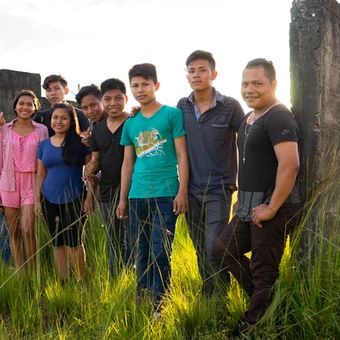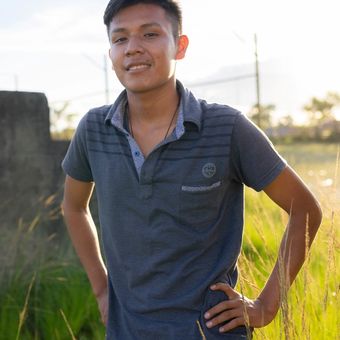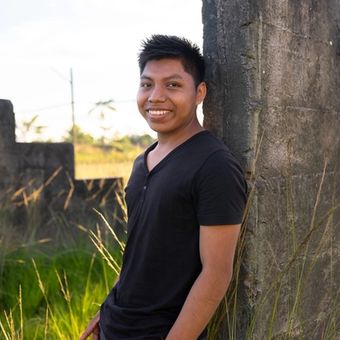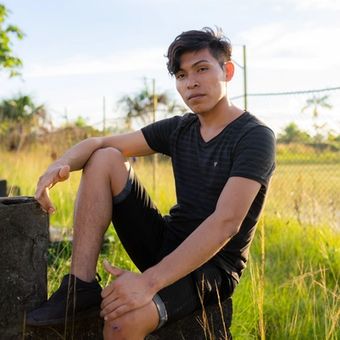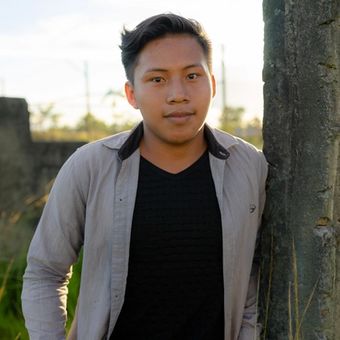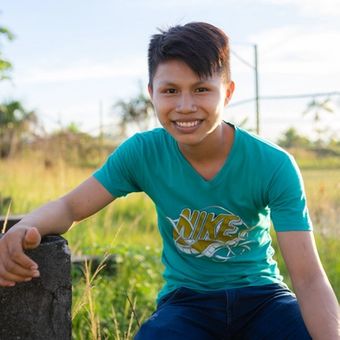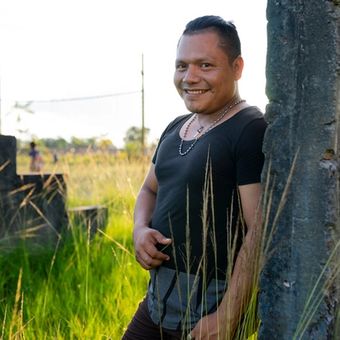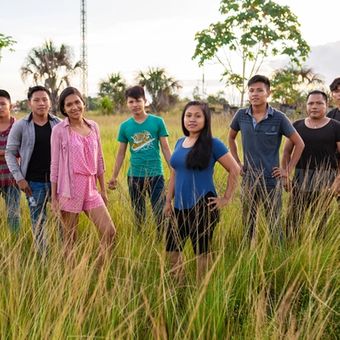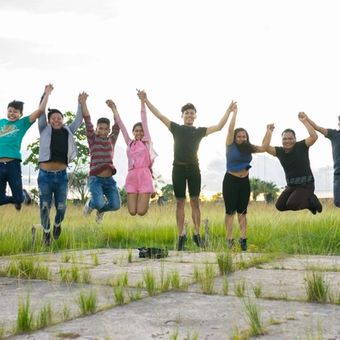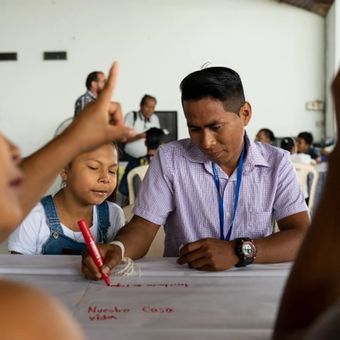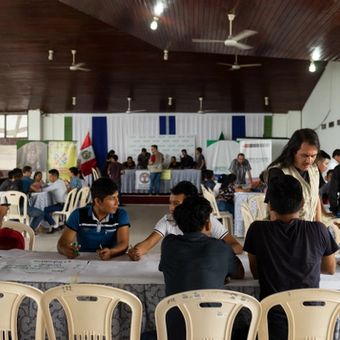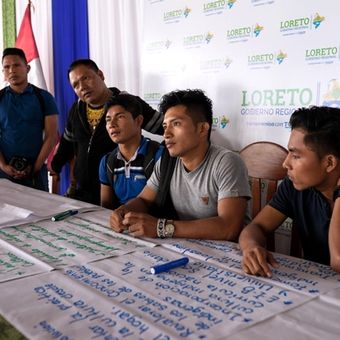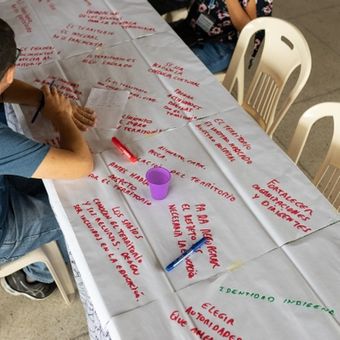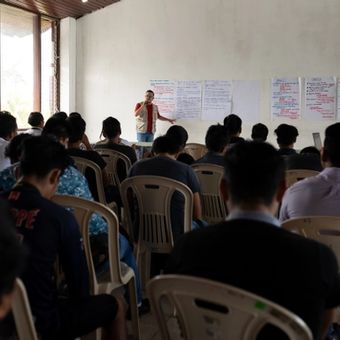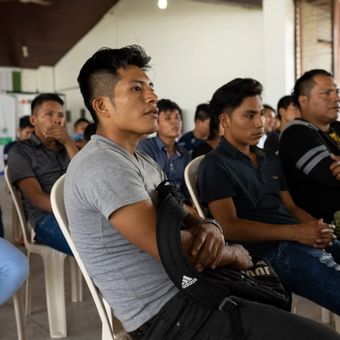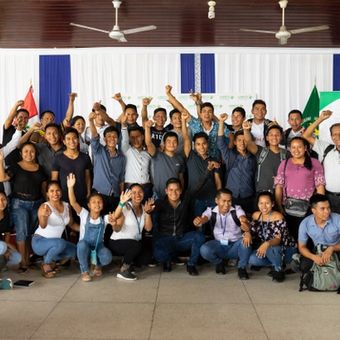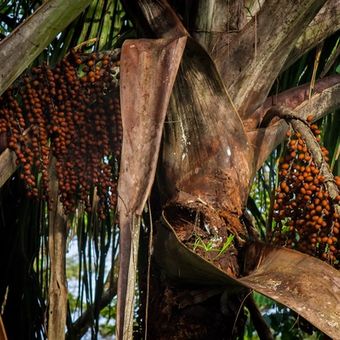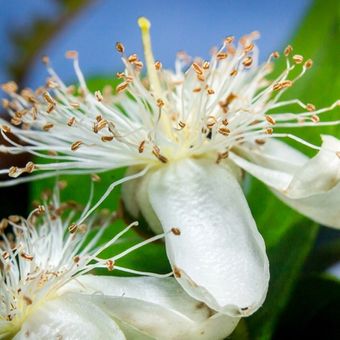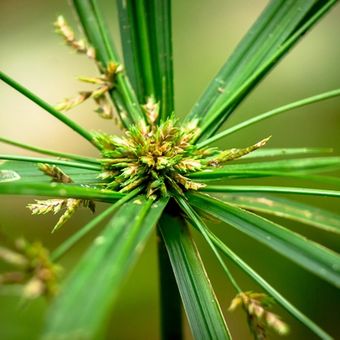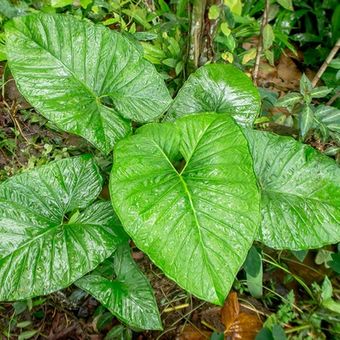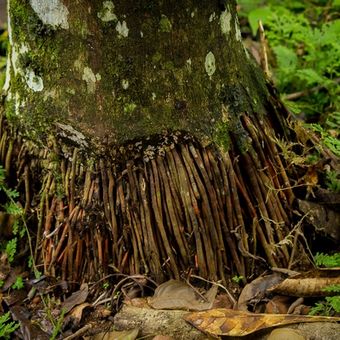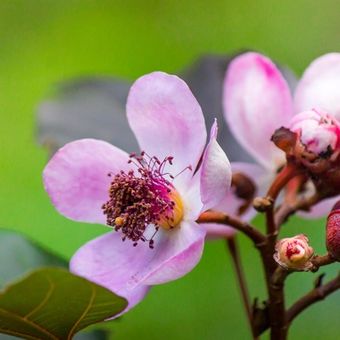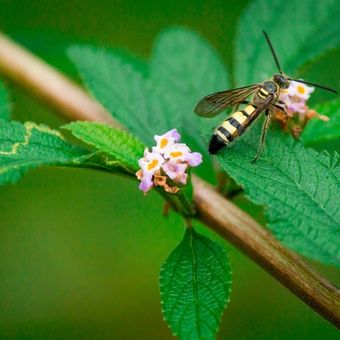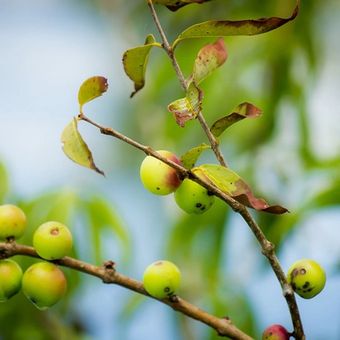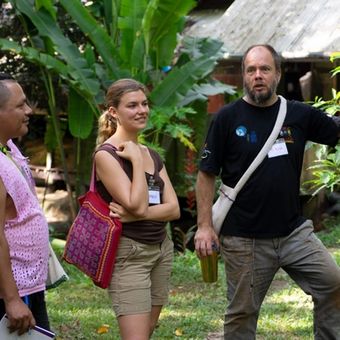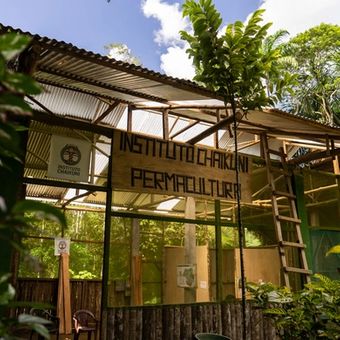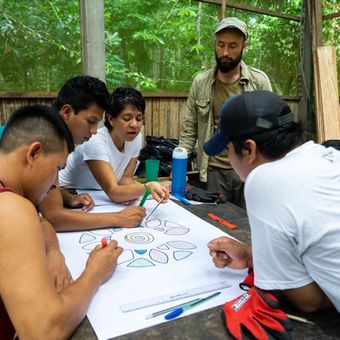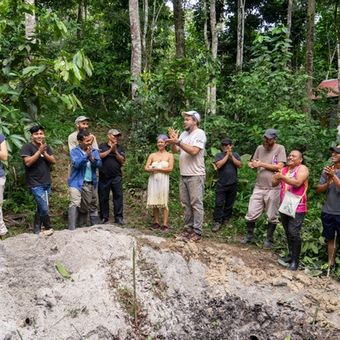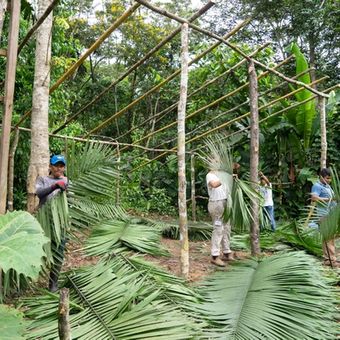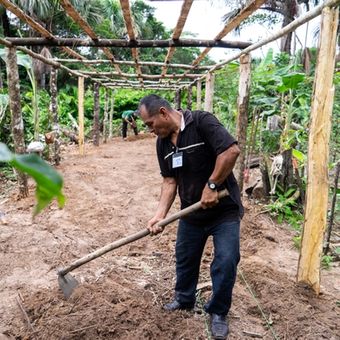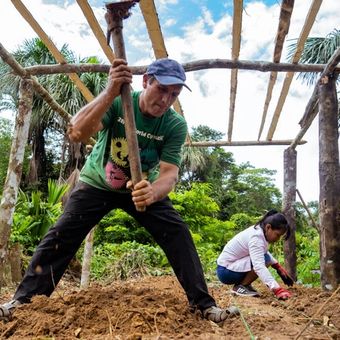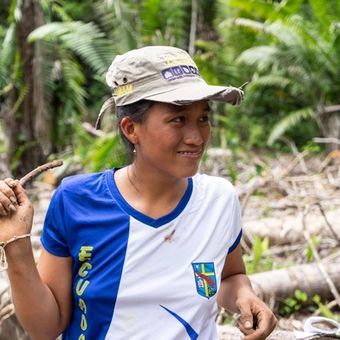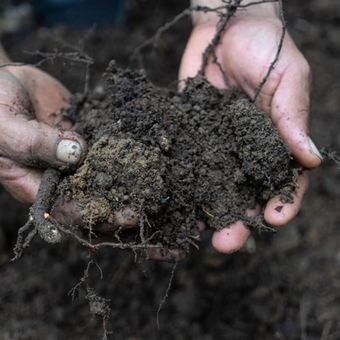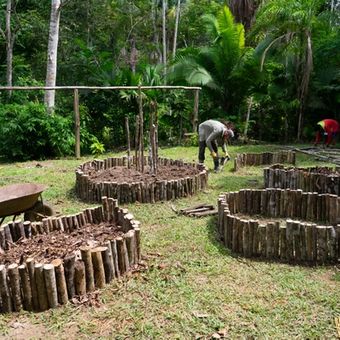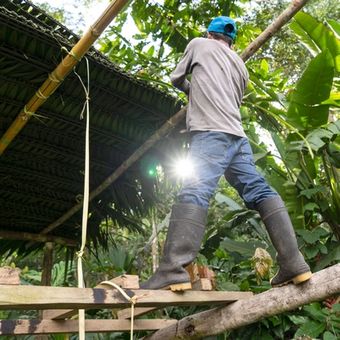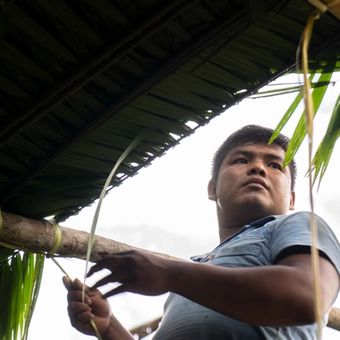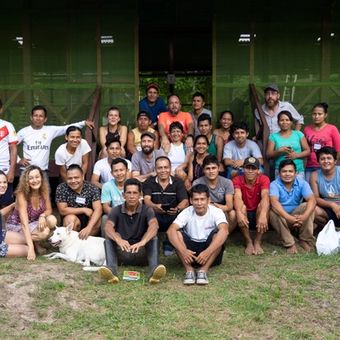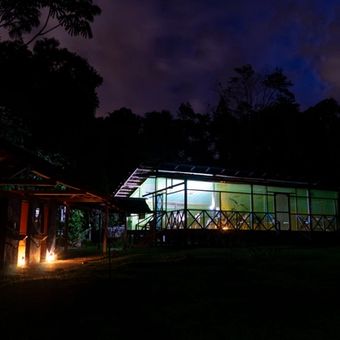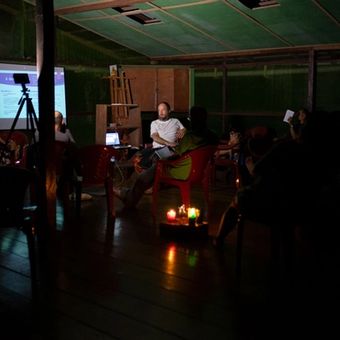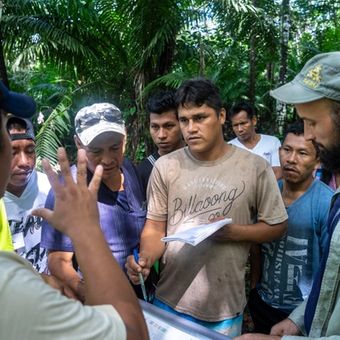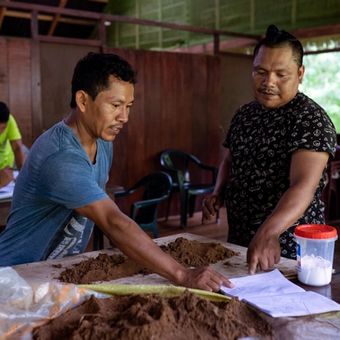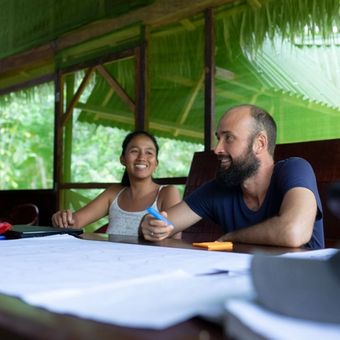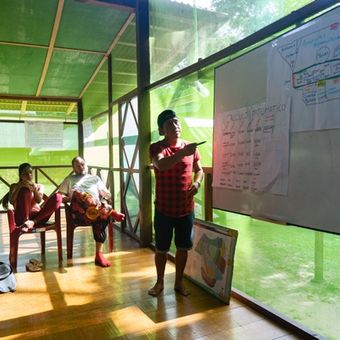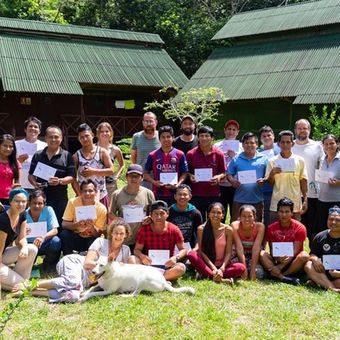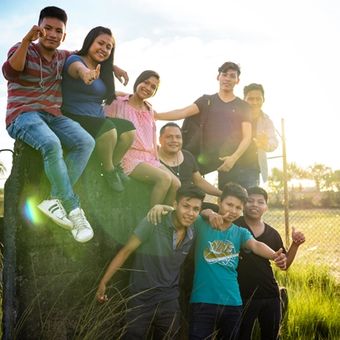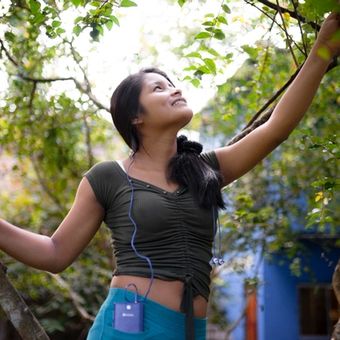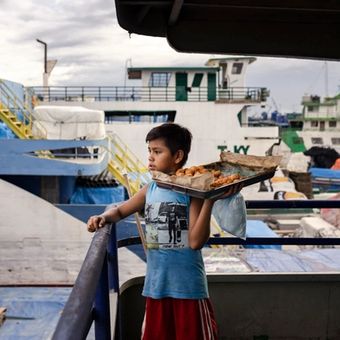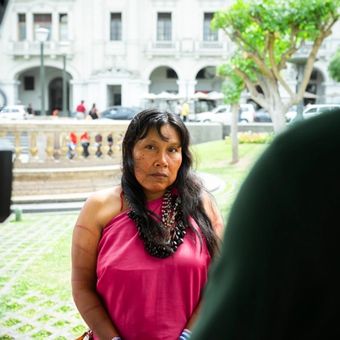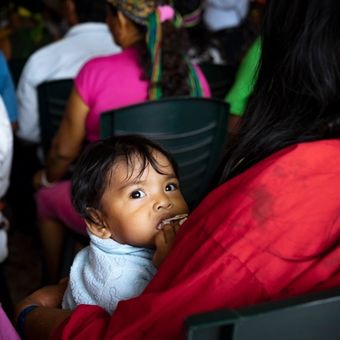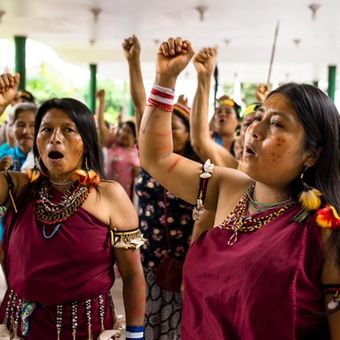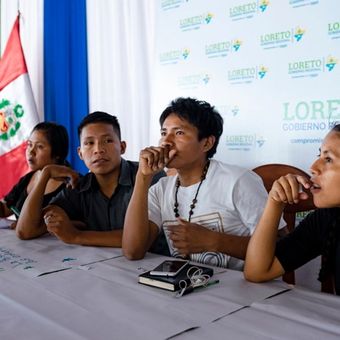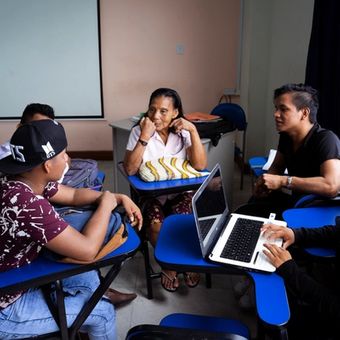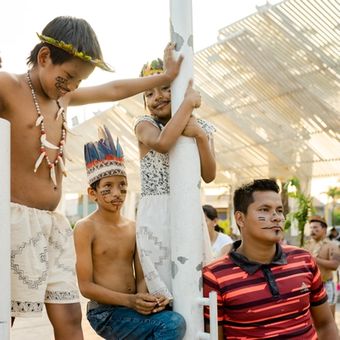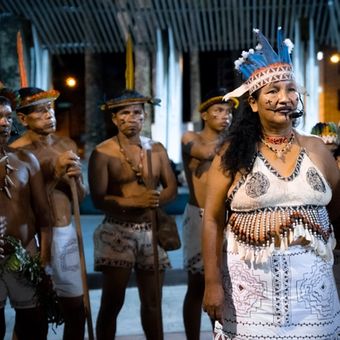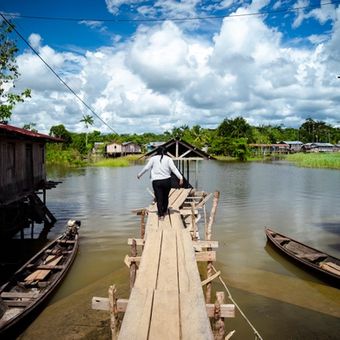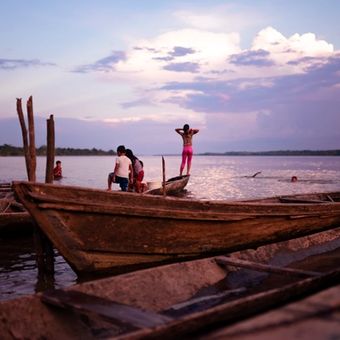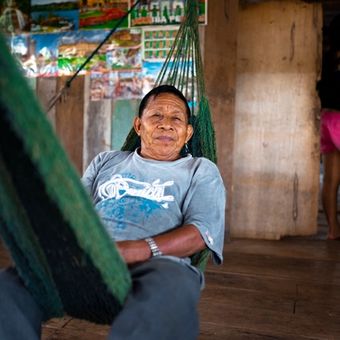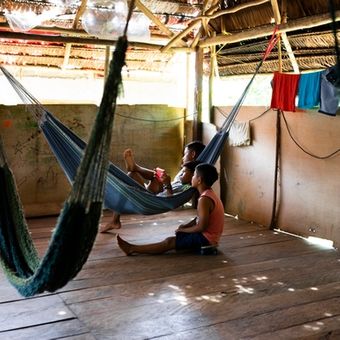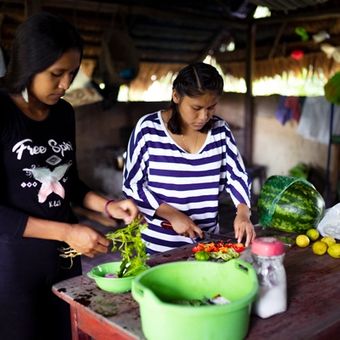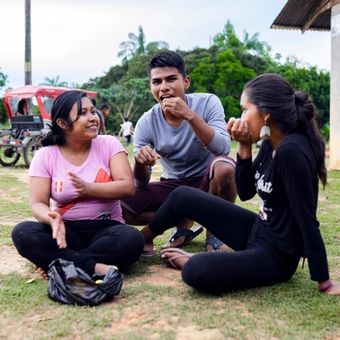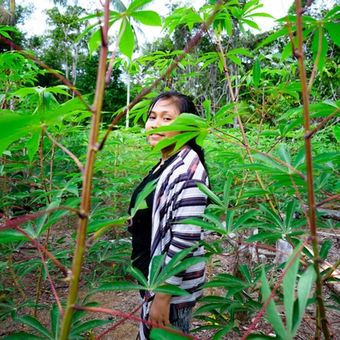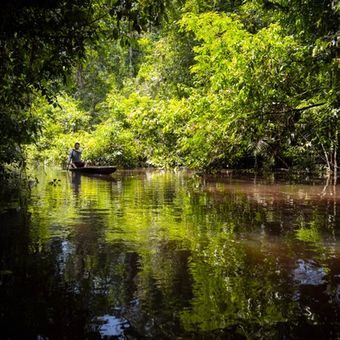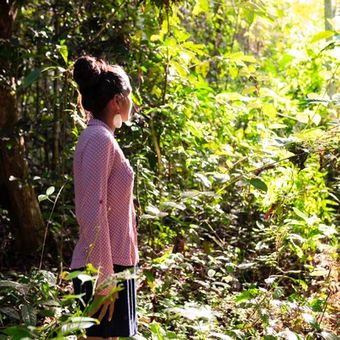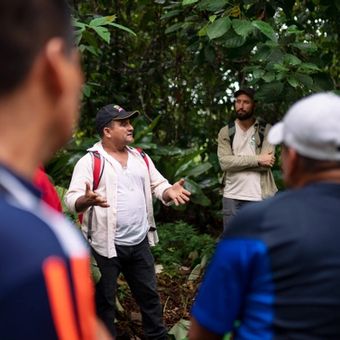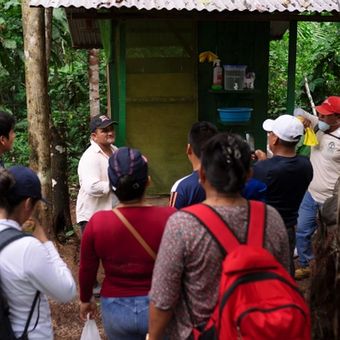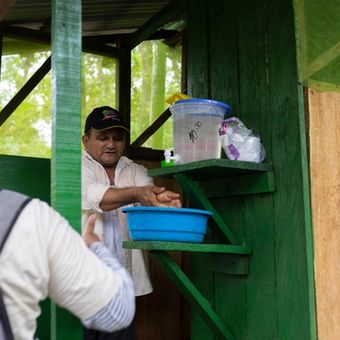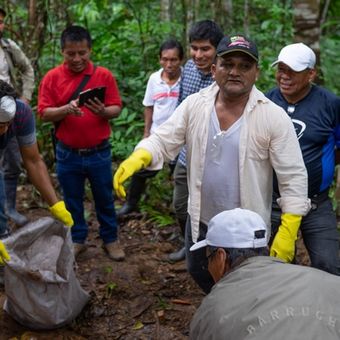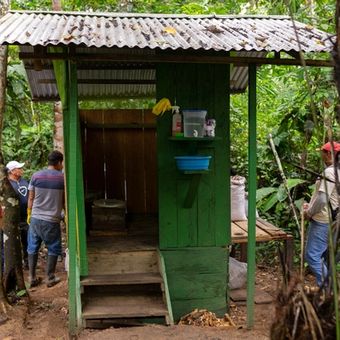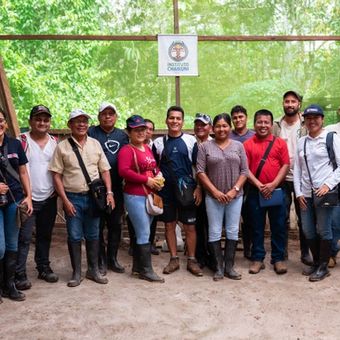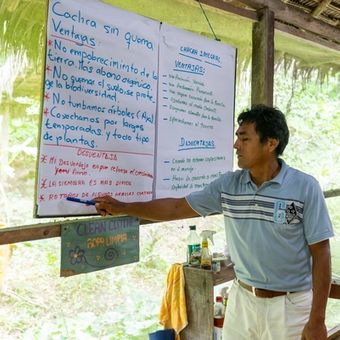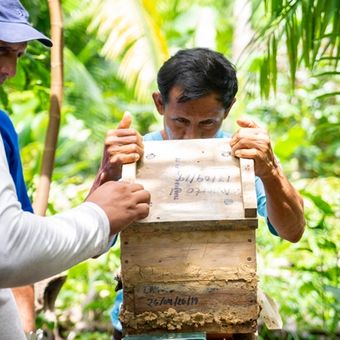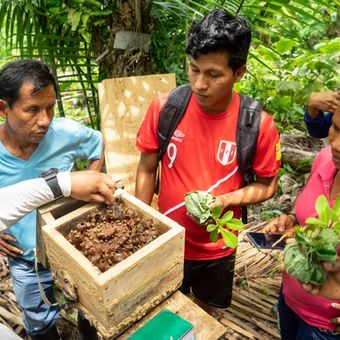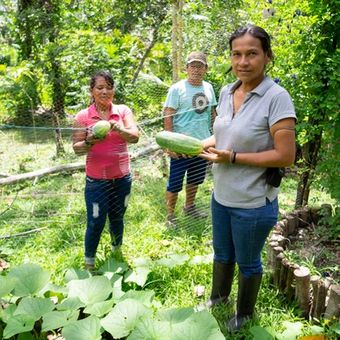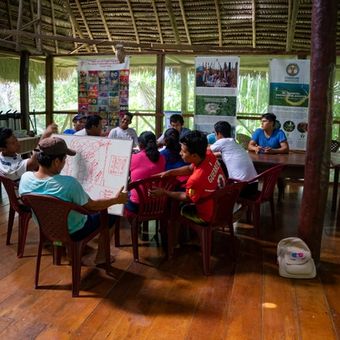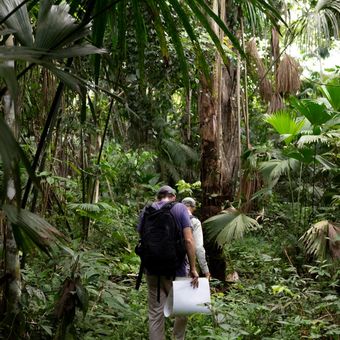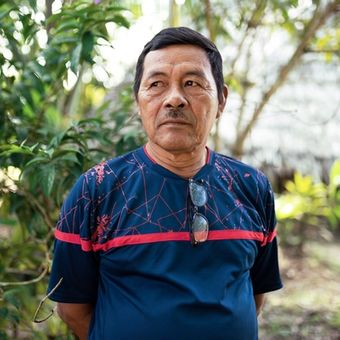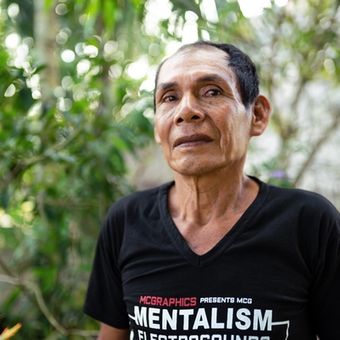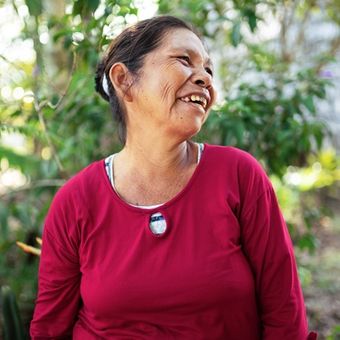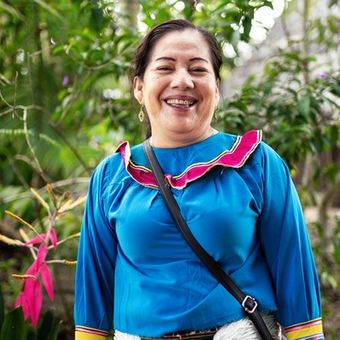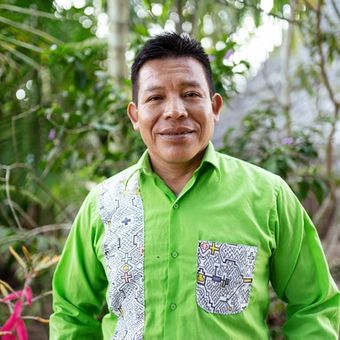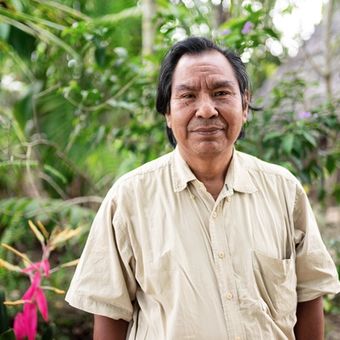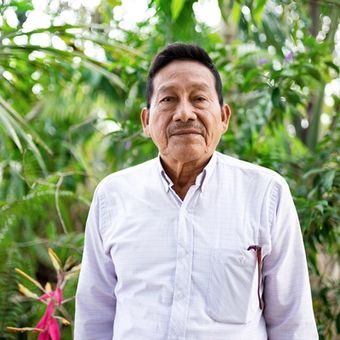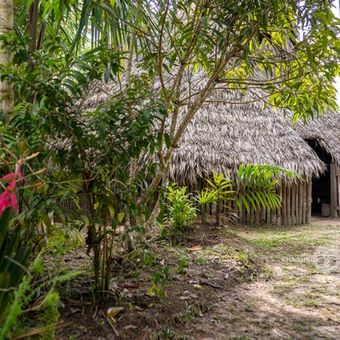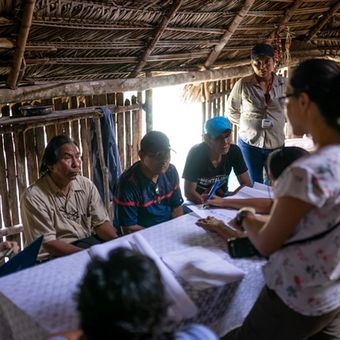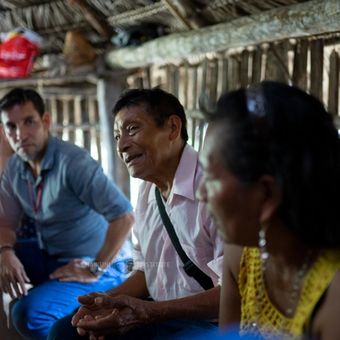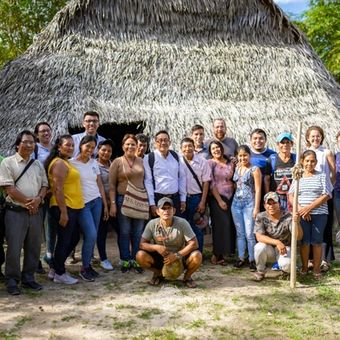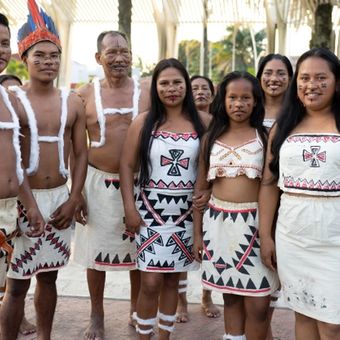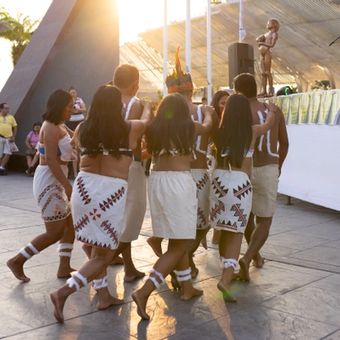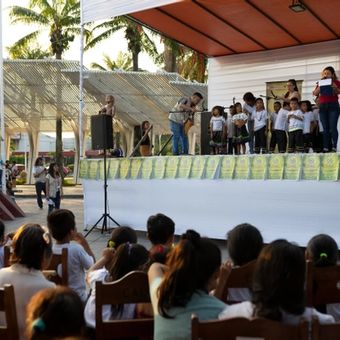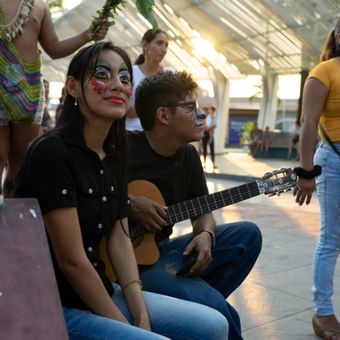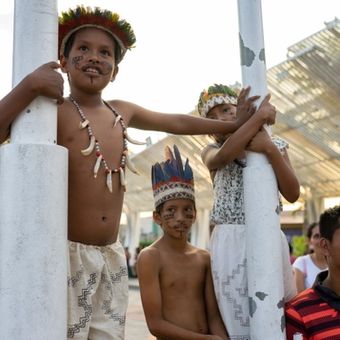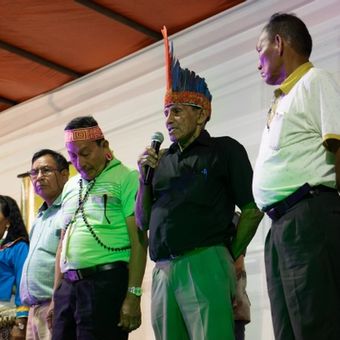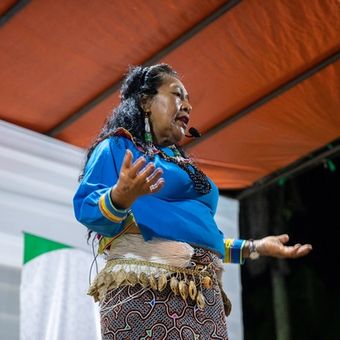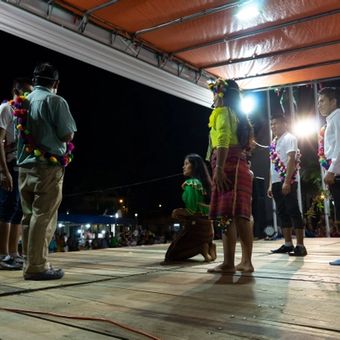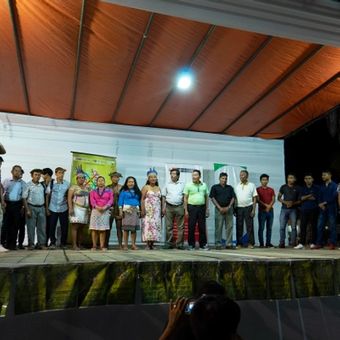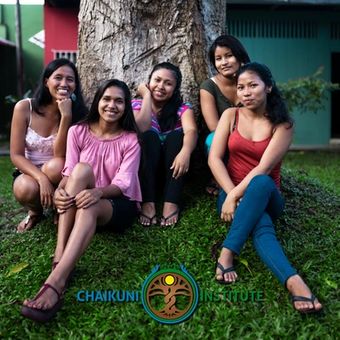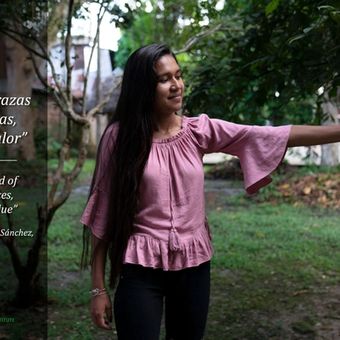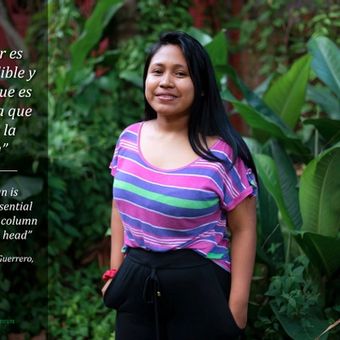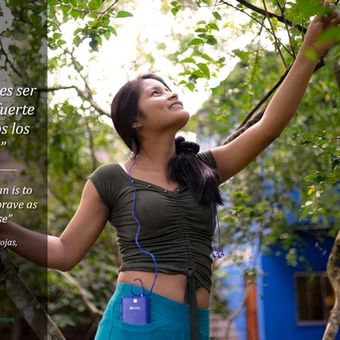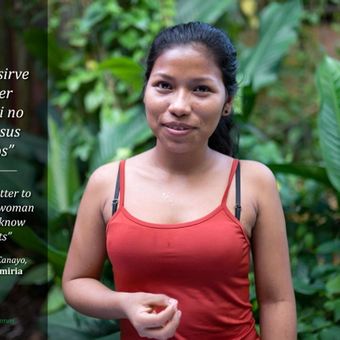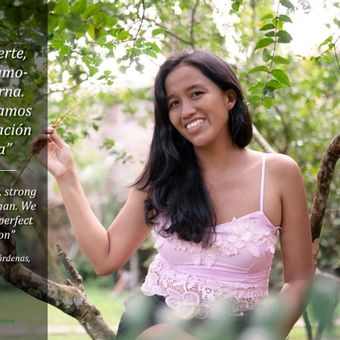Visit to the Marañon native communities
Upon invitation by two Kukama female leaders, a small Chaikuni team went on a two-week field trip to visit several communities along the Marañon river, offering talks on gender issues and female leadership, while collecting important information to inform future activities.
Cacaco Workshop in Tres Unidos
Led by British artisanal chocolate expert Rory Wilkinson, who has been travelling around Latin America giving cacao fermentation technique workshops based upon his work experience with artisanal chocolate factories in Europe, the workshop took place over one week. It was attended by both our permaculture staff and five local people, including two local ladies, Viviana Tenazoa and Griselda Canayo, who run the local stores in Tres Unidos and make cacao delicacies (combining cacao, mani and honey) which are then sold to the guests of our sister organization, The Temple of The Way of Light. Photos by Michal Chochol.
OEPIAP's students getting ready for a fundraiser
Posing in front of the camera isn't only a good exercise for students to gain self-confidence but also a positive way for them to actively participate in fundraising campaigns and decide how they want to be presented on social media and communications.
First Encounter of Indigenous Youth
Sui Sui led the organization of a youth summit, which brought together more than 40 young indigenous students from OEPIAP, Formabiap, and UCP. Together they discussed and elaborated different proposals to improve education, access to services, territorial governance, and productive development in their communities and for their peoples.
100 Portraits of medicinal plants in Peru's Amazon
Approximately 40,000 plant species are indigenous to the Amazon rainforest, and only less than half of 1% of flowering plant species have actually been studied by scientists for their medicinal properties. In this incredible series, The Chaikuni Institute joins forces with the young and talented Amazonian biologist and photographer Jorge Salvador Pizarro García as he awe-inspiring beauty of medicinal plants.
The Permaculture Design Curse
In the second half of May 2019, we held our first ever Permaculture Design Course (PDC) at our permaculture centre. A multicultural group of indigenous Shipibo herbalists, local farmers from neighbouring communities, indigenous students from the Achuar and Awajun peoples, Chaikuni staff and friends from the Temple of the Way of Light came together for 10 inspiring days to learn the basics of permaculture, share their own knowledge, and learn about 'chacras integrales'. The course was masterfully guided by Tierra Martinez and Beatriz Ramirez from the Na’Lu’um Permaculture Institute, both of them bringing a world of knowledge from a life dedicated to permaculture to the Chaikuni Institute and the participants.
"Ser Indígena" photo exhibition
This collection of 20 snapshots taking during the filming of the documentary "Ser Indígena" aims to picture the day by day of indigenous peoples either in their communities or in the city. Ser Indígena was filmed along 2019, portraying the life of three indigenous students living in the city of Iquitos, showing their reality and the complexities of the intercultural clash between two different worlds that share a common origin but were separated by the colonialization; the indigenous peoples and the 'mestizos'
Indigenous leaders visit to our permaculture center
Our programs are interconnected, and often we find sustainable solutions for the basic needs of the native communities through our Permaculture Program. I this case, a group of indigenous leaders visited our permaculture center to learn more about dry toilets.
Permaculture workshop with local communities
During this workshop, we reviewed some basic concepts of Permaculture Design and we help the participants (representants from different local communities near our permaculture center) to start developing their project ideas.
Second Encounter of Ancestral Knowledge
On Indigenous People's Day, we co-organize the second encounter of indigenous knowledge in Iquitos. During a week we held different cultural activities cooperating with different local organizations and with the invaluable support of wise men and woman from different indigenous groups like Shipibo, Shawi, Bora and Kichwua. The week culminated with a public event to raise awareness among the citizens about the importance of keeping alive the indigenous traditional knowledge.
International Women's Day
On this occasion, a group of indigenous students and the former Chaikuni's student monitor shared personal thoughts concerning International Wome's Day. Being a woman, being indigenous, and often not having enough economic resources, make the challenge to adapt to the city higher.

